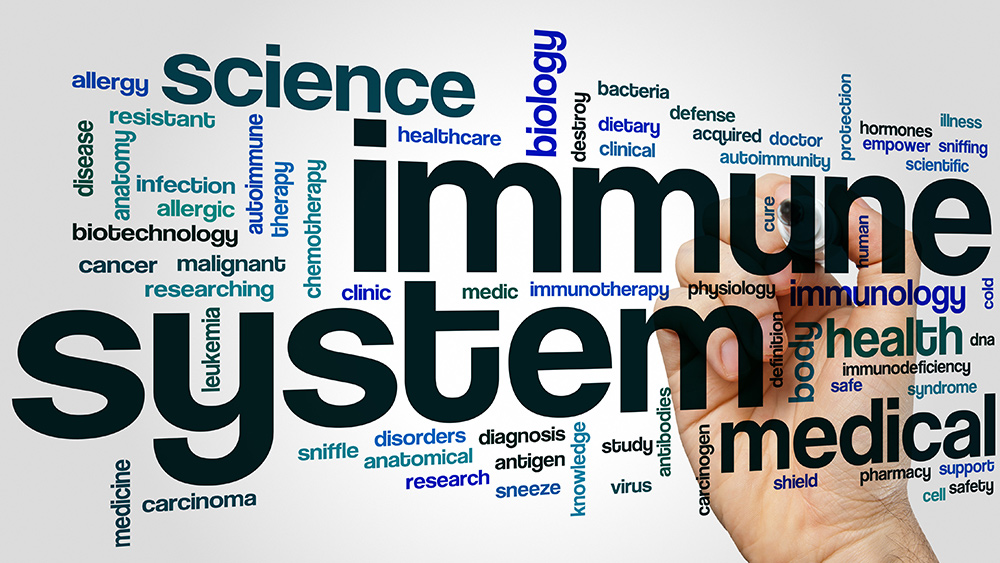
Diabetes is a chronic condition that affects the body's ability to process sugar, and this disease can cause heart problems and kidney damage. Researchers from Johns Hopkins Hospital in Maryland examined data gathered from the National Health and Examination Survey since 1988. It was revealed that there has been an increase from 5.5 to 10.8 percent of the number of people being diagnosed with diabetes. (Related: Diabetes skyrockets 75% in just one decade ... medical system clueless about answers.)
According to experts, even though diabetes treatment has progressively improved, there is a significant need to enable certain populations, like ethnic minorities and obese individuals, to have access to doctors' offices for proper diagnosis.
The study was published in the Annals of Internal Medicine and it confirmed that there has been an increase in cases of diabetes in the U.S. However, authors of the study attempt to calm the public by saying that they have "more control" over the condition because they are better able to diagnose it. The number of misdiagnosed cases of the condition, where individuals were initially thought to be diabetes-free, had decreased from 16.3 percent to 10.9 percent. Researchers say that this is proof that even though diabetes is more apparent in society today, doctors can now better recognize the symptoms and offer treatment to patients.
When diagnosed, diabetes becomes manageable because of various treatment options now available to patients such as insulin pumps and medication, as well as guidance on lifestyle choices. Researchers from the hospital also discovered that the remaining undiagnosed cases of diabetes included obese or overweight individuals. These undiagnosed cases were also more common among ethnic minorities and those who didn't have access to health insurance.
Elizabeth Selvin, Ph.D., the study's lead author, is a professor at the Bloomberg School's Department of Epidemiology. She shared, “Understanding the proportion of diabetes cases that are actually undiagnosed, and who those patient groups are, is really critical to allocation of public health resources... Our results suggest that targeted screening in these populations and increasing health coverage could help make sure that persons who have diabetes receive a diagnosis and get the appropriate treatment that they need.”
The American Diabetes Association needs two blood sample tests to properly diagnosis an individual with diabetes. An estimated one quarter to a third of Americans are undiagnosed, but researchers believe that this figure could be higher than it should be since the two screening tests help to eliminate false positives and other errors.
But we must keep in mind that to eliminate the misdiagnoses in the first place, more people must be given a chance to get into a doctors' office for testing.
Selvin commented, “If we're thinking about screening programs, these findings suggest that health care providers are doing a good job at diagnosing people when they're coming in contact with the health care system.” She concluded, “It's those people who are not coming in contact with the health care system that need to be a focus of our efforts to ensure cases of diabetes are not missed.”
Experts say that individuals who are 45 years or older must be tested for diabetes, along with people who are obese or show other risk factors.
5 tips to prevent diabetes
Diabetes is a chronic condition that can be debilitating for some. If you want to know how to prevent type-2 diabetes, read the tips enumerated below.
- Try to lose any extra weight – Overweight individuals who wish to prevent diabetes can benefit greatly from weight loss. In a study, participants who lost a lot of weight (at least seven percent of their initial body weight) and exercised regularly drastically reduced their risk of developing diabetes by a whopping 60 percent.
- Be more active – Some of the benefits of regular physical activity include weight loss and lowered blood sugar.
- Eat lots of fiber-rich food – Fiber can help improve your blood sugar control and lower your risk of heart disease.
- Consume whole grains – Foods made from whole grains (bread, pasta, cereal) can help reduce your risk of diabetes.
- Avoid fad diets and eat healthier – Instead of switching between fad diets, eat a lot of food from various healthy food groups and practice portion control.
Sources include:
Please contact us for more information.























